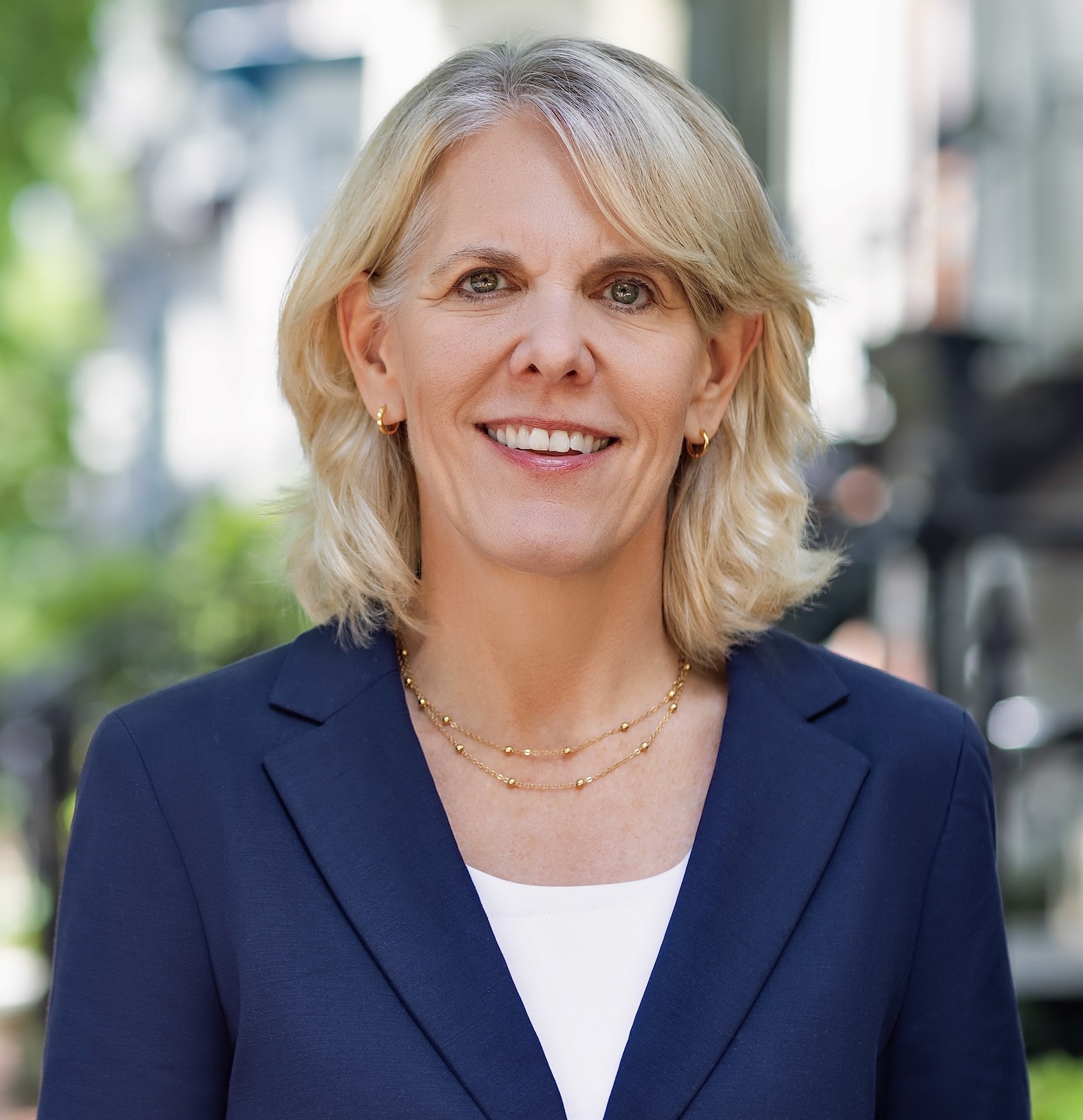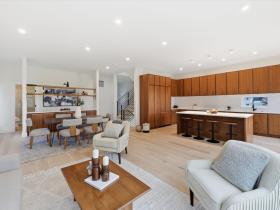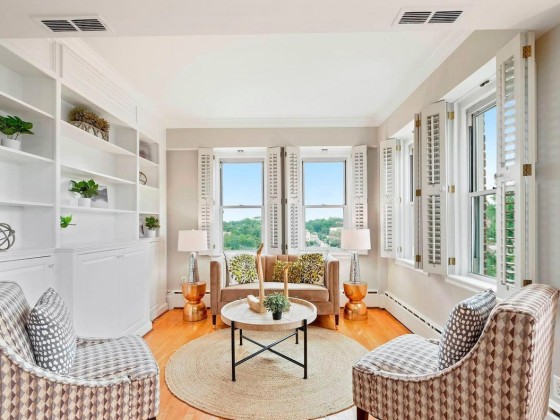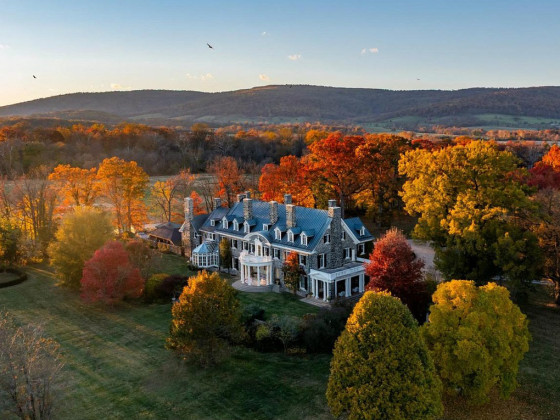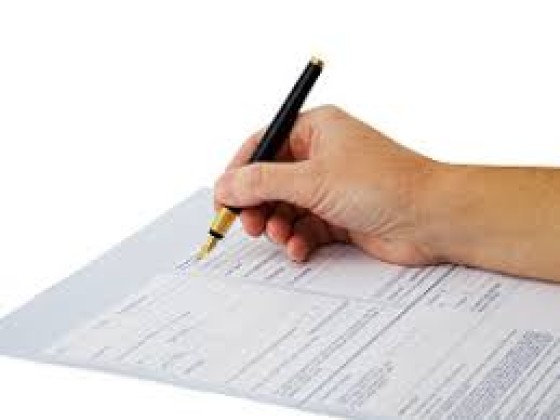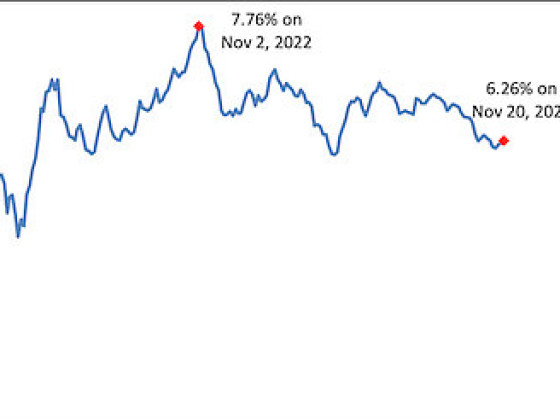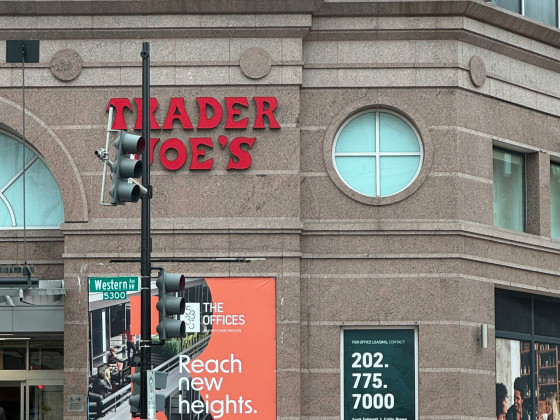 Buyers Week: How Much Cash Do You Need to Buy a House?
Buyers Week: How Much Cash Do You Need to Buy a House?
✉️ Want to forward this article? Click here.

To kick things off for Buyers Week, here is a rundown of some of the up-front costs associated with buying a home. Earnest Money Deposit After making an offer and coming to an agreement with the home seller, a buyer is generally expected to pay 1 to 3 percent of the purchase price immediately. This earnest money deposit is held until closing, when it becomes part of the down payment. If the buyer backs out of the deal unexpectedly, the seller keeps the money. If the deal falls through due to a contingency that was previously laid out, the buyer would get the money back. On a $425,000 home, the earnest money deposit would be between $4,250 and $12,750. Home Inspection The next outlay is generally the home inspection, which costs in the neighborhood of $300 to $600. Down Payment Your down payment will likely vary from between 3.5 percent of the purchase price, with an FHA-backed loan, to 20 percent. So, for a $425,000 home, you would need to put between $14,875 (3.5 percent) and $85,000 (20 percent) down. Down payments of greater than 20 percent are also an option and would lead, of course, to smaller mortgage payments and most likely, a lower interest rate. Closing Costs Closing costs typically range from 2 to 5 percent of the purchase price. Included in the sum are title insurance, loan-processing costs, taxes, and various other fees (a rundown of the average closing costs in DC can be found here). These costs are sometimes negotiable; in certain markets, an eager developer may defer closing costs. For our $425,000 example, closing costs would range from $8,500 to $21,250. Homeowner's Insurance and Moving Costs Every mortgage needs to be insured. The first annual premium is usually paid at closing. Be sure to also keep some cash on hand for moving costs, which will vary based on how large a place you are moving from and how much stuff you have.
See other articles related to: buyers week, closing closts, down payment, first-timer primer
This article originally published at https://dc.urbanturf.com/articles/blog/first_timer_primer_how_much_cash_do_you_need_to_buy_a_house/6547.
Most Popular... This Week • Last 30 Days • Ever

UrbanTurf takes a look at the options DC homeowners and residents have to take advant... read »
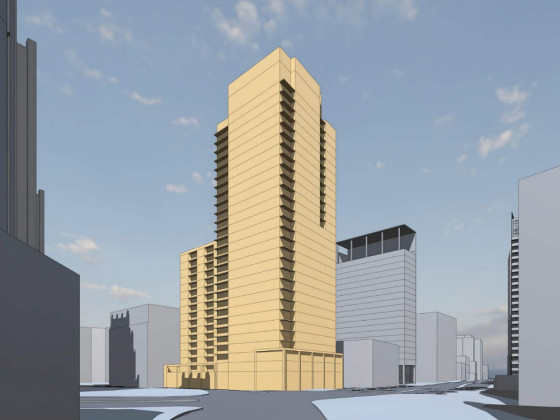
A major new residential development is on the boards for a series of properties near ... read »
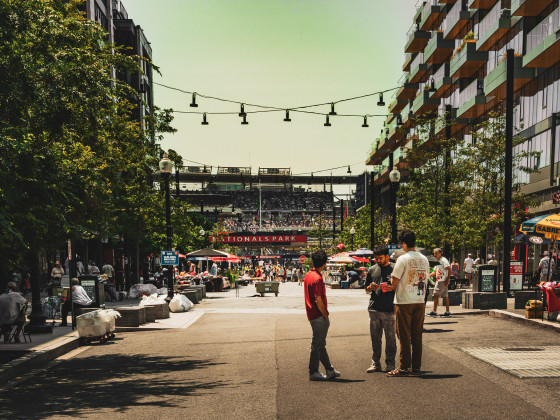
A new report from DC’s Office of Revenue Analysis highlights how millennials and wo... read »
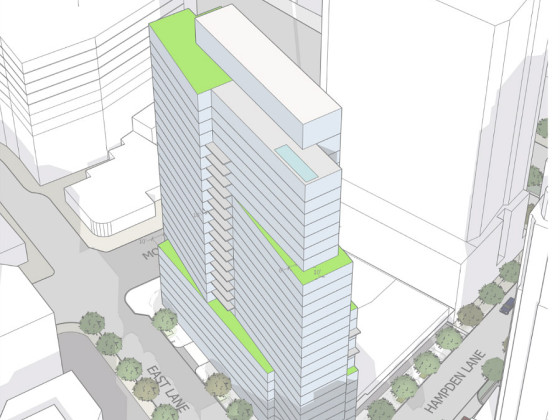
The building is the second proposal for a pair of aging office buildings in downtown ... read »
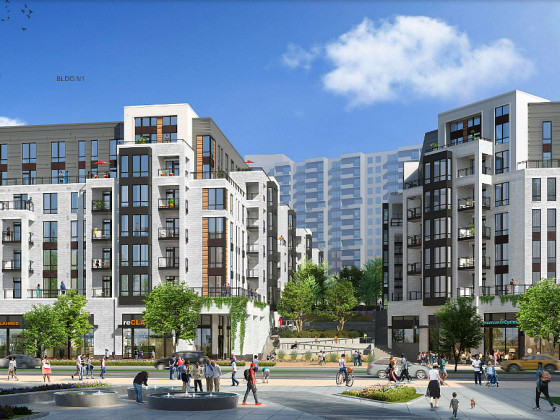
The central action before the Board is a rezoning request for the nearly 36-acre site... read »
- A Solar Panel Primer for DC Residents
- 29-Story, 420-Unit Development Pitched For Middle Of Downtown Bethesda
- How DC's Population Changed During And After The Pandemic
- Fitting In: A Narrow 260-Unit Apartment Building Pitched For Bethesda
- Arlington County To Weigh Major Actions Advancing RiverHouse Redevelopment
DC Real Estate Guides
Short guides to navigating the DC-area real estate market
We've collected all our helpful guides for buying, selling and renting in and around Washington, DC in one place. Start browsing below!
First-Timer Primers
Intro guides for first-time home buyers
Unique Spaces
Awesome and unusual real estate from across the DC Metro


